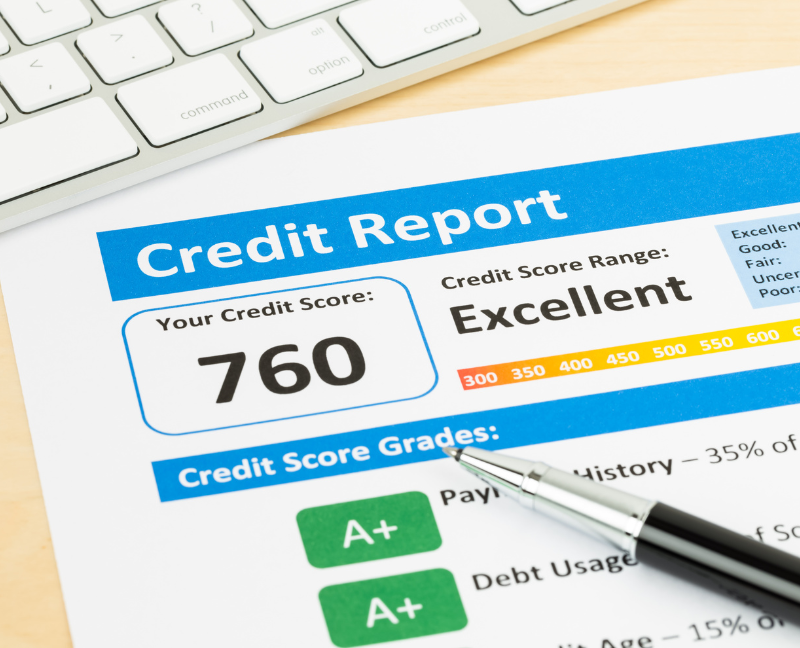Are you a good borrower? Do you pay back your loan payments and credit card on time? If you do, you might have a high credit score.
But first, what is a credit score?
A credit score or credit rating is a prediction of your credit behavior on how you pay your loans back on time. It is based on your information from the credit reports.
It is a number that determines the borrower’s creditworthiness that ranges from 300 to 850. The higher the score, the more likely for you to get approved for loans at a better rate.
Normally, they will base the credit history on your:
A credit score helps banks, lenders, and companies know if you can pay the loan on time. It is the key to helping lenders to decide if they will offer credit and the terms to be agreed upon.
Based on reports, lenders will decide if you’re worthy of the loan or not. Meanwhile, financial companies, such as banks, will use the credit score to decide whether they’ll offer you a credit card, mortgage, auto loan, and other products. They will also determine the interest rate and the credit limit you will receive based on your capability to pay.
The credit score will depend on the data used. It will differ based on the scoring model, which will be determined by the type of loan product as well as the source data that was used, and the day when it was calculated.

As mentioned above, the factors used to calculate the credit score include repayment history, types of loans, length of credit history, debt utilization, and whether you've applied for new accounts or not.
FICO also known as Fair Isaac Corp. created a credit score model and is used by financial institutions as a standard for giving loans. You can get a free annual credit report each year from credit bureaus. Some of the agencies that dominate the market are Experian, Equifax, and TransUnion. They collect, analyze, and disburse consumer information in the credit markets.
When you pay your loans, the information on your credit report changes. Your credit score changes every time you pay on time or not. There are some ways where you can improve your credit score.
You can also raise your score by enrolling in services that include payment information, such as bills (rent payment and utilities payment) that are not included in the credit scoring. Having a good record can help raise your credit score quickly as long as you pay them on time.
A good credit score is determined by the lenders. It will range depending on the credit score modeling. Credit scores range from:
Limiting your credit applications is also one way to keep your credit score healthy. Applying for credit frequently can make lenders think that you’re overly reliant on credit. Each application will have a record and will be reported to the company or lender you are trying to apply for. So, it's safe to have one or try to space out any applications.
Avoiding defaulted accounts as it can also have a significant impact on your credit score. This occurs when your relationship with the company has broken down because you’ve missed several expected payments.
Borrow what you can only afford. You don’t need to borrow a sum of money if you think you can afford to pay it later on. Getting into trouble with debt can lead to you being harassed by the lenders or at worst threaten your life. These will also stay on your credit report and will have a significant impact on your credit score.
A high credit score means that lenders, banks, and companies see you as a lower risk. Therefore, having a big chance of approving credit. You can get a better chance for a credit card, mortgage, and loan approval. You can also have lower interest rates and better terms that can save you money. Higher credit limits can have a significant impact on your financial life.
Having an excellent credit score offers tons of benefits so before you make any financial decisions, such as borrowing a huge amount of cash from banks or lenders, be sure to weigh its pros and cons. Nonetheless, you can always seek help from professionals so you can come up with informed decisions.